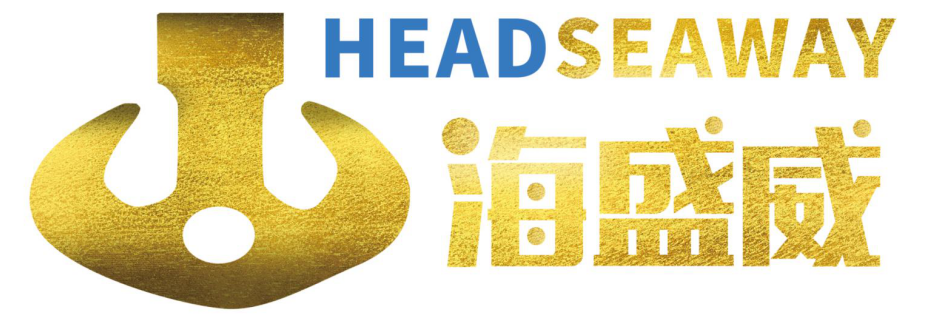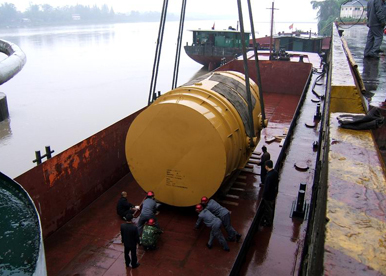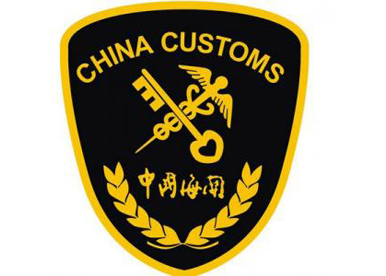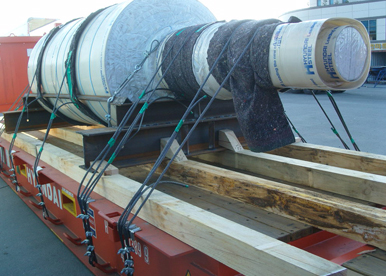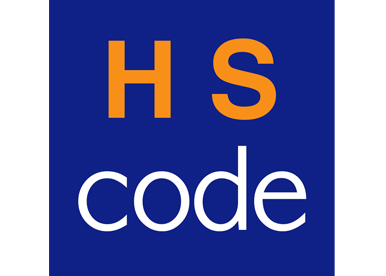The precautions you have to know about South Korean sea freight exports!
As a nei***oring country separated by a strip of water, China is South Korea's largest trading partner, and South Korea is China's third largest trading partner. The trade volume between China and South Korea is increasing, but there are still many foreign trade logistics peers who are not familiar with South Korea's policies related to maritime exports, which has had some impact on exports. Sohang has compiled some precautions and common problems for maritime exports to South Korea for your reference.
Precautions for South Korean sea freight exports
These are acceptable:
1. When the goods are shipped from China to Korea, the bill of lading, packing list, and invoice must be provided to the Korean customer in a timely manner.
The characteristics of sea transportation from China to South Korea are: as long as the shipment is booked at the port of origin in China, the arrival notice from the shipping company can be received in South Korea. At this time, Korean customers, Korean freight forwarders, and Korean logistics companies need to declare EDI at the Korean customs. If the corresponding documents are not provided until the arrival at the port, the Korean customs will charge a fine, which is generally 100-150 US dollars per shipment. Therefore, when booking goods to South Korea, it is necessary to provide the corresponding documents to the Korean customers for declaration at the port of origin;
2. When entering EDI in Korea, it is necessary to provide the business license of the Korean buyer, and the detailed contact information of the Korean buyer must be displayed on the bill of lading. Failure to enter the business license number of the Korean buyer in a timely manner may result in fines;
3. Korea can conduct pre customs clearance, which means that Korean buyers can declare customs clearance in advance before the goods arrive in Korea. If it is a company that frequently imports, pre customs clearance should be carried out in advance, and the goods can be cleared and picked up as soon as they arrive at the Korean port. After customs clearance is completed on the same day, the goods can be picked up on the same day;
4. Goods sent to South Korea that come into direct contact with human skin or food must provide a Chinese hygiene certificate, otherwise customs clearance cannot be carried out in South Korea;
5. If the goods have been sent to Korea and you want to apply for a return due to quality reasons or Korean buyer reasons, you must have the consent of the Korean buyer, otherwise you cannot apply for a return;
6. Goods arriving in South Korea can receive a bill of lading with reverse signature. In order to meet the delivery deadline of the letter of credit, the main bill of lading is for the shipment on January 1st, and a reverse signed freight forwarder bill of lading HBL can be made on December 31st;
7. South Korea can do a Switch Bill, which is called a conversion bill of lading and is generally aimed at third-party trade. If the intermediary is in Korea (a trading company) and the actual shipment is from Tianjin to Japan, it is possible for the intermediary to issue a bill of lading from Korea to Japan;
In South Korea, it is possible to conceal shipper information, mainly for third-party trade. For example, if your company is an intermediary, the actual supplier is in Korea, and the buyer is in Japan, you don't want Japanese buyers and Korean sellers to know about each other's existence, but only want them to know about you as an intermediary. In Korea, you can conceal shipper information;
9. When booking ISO TANK containers from South Korea, it is necessary to provide the tank certificate, tank number, and MSDS. If the container has been cleaned, a cleaning report should be provided. ISO TANK containers from South Korea to China can accommodate Class 2 dangerous goods.
The following are not allowed:
Under normal circumstances, South Korea cannot conduct customs clearance in a private name, unless the person has property, restaurants, and shops in South Korea that can provide a business license;
2. For containers arriving in South Korea, it is best not to exceed 25 tons in net weight. If it exceeds 25 tons, it will be inspected by South Korean customs. The weight limit for road trailers in South Korea is generally 17 tons for small containers and 23 tons for large containers;
3. There is no direct ship to Jeju Island, South Korea, and only a barge can be arranged in Busan, South Korea;
4. Due to trade restrictions imposed by some countries on China, some companies want to send their goods to South Korea to obtain a certificate of origin, but this method is not feasible;
South Korea cannot provide a fake certificate of origin. Only goods that are truly produced in South Korea can provide a certificate of origin. Transferring through South Korea is possible, but forging a certificate of origin is impossible;
5. Incheon Port is divided into Incheon Old Port, Incheon New Port, and Jingren Port. Many Korean buyers do not like to send goods to Incheon Jingren Port because the towing fees are relatively high;
6. Seoul, South Korea is neither a port nor an international airport. The nearest port and airport to Seoul is Incheon Airport;
7. Dangerous goods generally cannot be sent to Incheon, South Korea, but mainly to Busan, South Korea and Ulsan Port, South Korea;
According to the Korean customs code, the tax rate is not fixed. There is a fixed 10% VAT in Korea, which is the value-added tax that must be paid for goods arriving in Korea, also known as consumption tax in Korea;
9. There is no gray customs clearance in South Korea, and all customs clearance must be done through formal channels. There can be no other methods.
Precautions for exporting electronic and electrical products to South Korea
1. KC certification
All electronic and electrical products sent to South Korea are mandatory to use the KC logo, and the new KC logo replaces the original EK logo.
Electronic and electrical mandatory safety certification products are mandatory products, and all electronic products must obtain KC Mark certification before they can be sold in the Korean market. Annual factory audits and product sampling tests are required. The certificate has no validity period.
2. Label in CHINA
Goods sent to South Korea must have a MADE IN CHINA label on the product. If it is a product of clothing and shoes, the origin label must be a washed ticket, and the pasted origin label is invalid.
After the implementation of the China South Korea FTA, import and export enterprises must submit relevant certificates of origin at the time of import and export clearance to enjoy the preferential tariffs stipulated by the China South Korea FTA.
Ranking of similar articles
- 深圳口岸经营服务企业收费公示单
- 巴拿马运河下月将迎来最大集装箱船
- 全球船厂手持订单量大幅下降
- 四大航运巨头组建数字集装箱航运联盟
- 油船市场将成限硫令的大赢家
- 菲律宾港口巨头或将收购韩进苏比克
- 太古轮船完成收购汉堡南美集团散货业务
- 深圳海盛威物流周刊(2019-3-20)
- 全球首艘极地凝析油轮在广州南沙命名
- 出口值122亿元 舟山外贸出口商品货值“老大”易主
Latest news articles
History


